At the World Economic Forum in Riyadh, Saudi Arabia, Sunday, Nigeria’s President, Bola Tinubu, argued that subsidy removal saved Nigeria from bankruptcy. Continued payment of subsidy by government would have impoverished the country, according to Tinubu. Government would simply subsidize oil products for other neighbouring countries, where the products are illegally diverted. Yet, as Tinubu acknowledged, the removal came with extreme hardship because Nigerians could not keep up with soaring commodity prices. Moreover, the naira was floated in the international market amidst heavy import dependence. Tinubu did not explain the perennial fuel shortages since subsidy removal as well as runaway inflation, a suggestion that both moves were perfunctory at the best, and a massage of foreign interests, at the worst.
READ ALSO: How Fuel Subsidy Removal Saved Nigeria From Bankruptcy- Tinubu
Join our WhatsApp ChannelFor at least three years, Nigerians had vehemently resisted former President Goodluck Jonathan’s attempt to remove subsidy on kerosene. They knew that the move was a subterfuge by powerful multinationals to get at the soul of Nigeria’s oil market. In 2016, after Jonathan, President Muhammadu Buhari removed kerosene subsidy, eight years later, President Tinubu, at his inauguration, also removed subsidies on the remaining products, especially the premium motor spirit (PMS), popularly called petrol, the most used of all petroleum products. As food prices soared, and as the economy tumbled, Nigerians felt vindicated in their vain effort to stop the removal of subsidies from petroleum products dating almost two decades.
READ ALSO: Another View Of Press Freedom
Indeed, the government is almighty, as nothing stops it (in the Nigerian context) from doing whatever it wants to do. A liter of kerosene is now about N1, 700, and no one is batting an eyelid. Nigerians turned to liquefied gas for cooking. That area has also been arrested. The same thing, or worse, is happening with PMS, a long-time target of the global mercantilist oil hawks. Nigeria has not refined a drop of oil in 20 years, yet remains fixated about local illegal refineries, devoting great resources to stamp them out. Those contributing the highest to carbon emissions are preaching to Nigeria about the effects of illegal refineries, without lecturing about how to harness the potentials of the operators of the so-called illegal refineries.
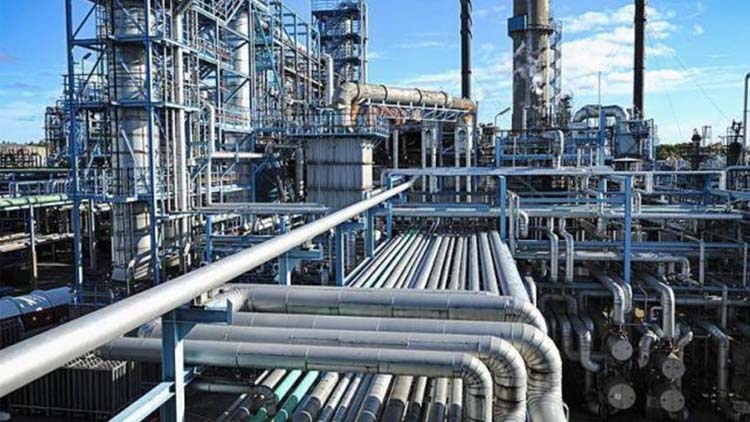
Almost Culpable Silence
At the point that questions began to grow about the long delay in local fuel refining, government continued to dribble Nigerians with stories about revitalizing the four moribund refineries. Since 2010, the projects connected with the refurbishments have gulped over 11.35 trillion naira (about USD 8.5 billion), yet they remained unproductive. It costs at least 10 billion USD to build a modern full-fledged refinery.
Dangote refinery, having missed about four deadlines to begin work since 2021, has also become a subject of similar tales. The purported rift between President Tinubu and Aliko Dangote, to some, appears contrived to help explain the continued delay in starting work. Recently when Nigerians were told that the refinery was about to start work, facts emerged that Dangote refinery was importing crude oil from the US. Not a few Nigerians have questioned the wisdom behind citing the refinery in Lagos instead of the Niger Delta, the abode of crude oil in Nigeria. Almost one year after being commissioned, Dangote’s refinery is still scheduled to supply PMS to marketers in May 2024. It is arguable that if the current fuel troubles are not well handled, they may prepare the ground for the prices of the product, when, and if the refinery eventually starts PMS supplies.
At least five modular refineries are operational in Nigeria, but the question of PMS, the poor man’s interest, remains a mirage. They only produce diesel. It is the same story about the purported resumption of oil operations by the Warri refinery.
The Question of External Control
Nigerians are bothered, yet their leaders are not talking about local refining of PMS. Is this why there is so much interest in Nigeria’s elections by those who are now applauding Tinubu and his story about fuel subsidy? Our leaders keep diverting attention to subsidy, without questioning the necessary questions on the importation of refined fuel. Should the subsidy argument have ever arisen if Nigeria, with the world’s 11th largest crude deposits, were refining its own oil? What do we say then?
Nigeria is in the throes of economic strangulation, the kind that happened in much of West Africa (e.g., Sierra Leone and Niger) in the 2000s. Tinubu’s theory about subsidy removal and saving Nigeria from bankruptcy can only sound good to the World Economic Forum, but not to the ordinary Nigerian, who is set to go from one economic hardship to another.
Since late April of 2024, news of fuel shortages has continued to rip through the airwaves. Such shortages force Nigerians to buy at any price, and appear to be the current way to force new prices on Nigerians. No matter the argument anyone makes about subsidy, Nigerians should be pitied because subsidy removal is the last economic straw that will break Nigerians. Unfortunately, many Nigerians keep talking about the ethnicity of the president and his ministers.
More Questions
Nigerians must ask questions about the attitude of government towards key sectors and resources. For instance, why should Nigeria talk about food shortages, when she has more than 70.8 million hectares of agricultural land (the biggest in Africa), yet with only 6.6 million hectares under permanent crops? Before now, ordinary Nigerians did not mind government too much whenever it began the antics of fuel and economic problems. The ordinary Nigerian simply went to the farm and produced food to hold body and soul together. That is no longer possible due to bandits killing and chasing peasant farmers from the forests. Nigerians have become subjects of food donations by countries at war.
Government is silent and has not been seen to launch any programme to deal with insecurity in the farms. Is this normal? It is the same thing elsewhere that serious money flows. For instance, Nigerians have started responding harshly to the planned increment in the subscription fee for satellite television by some firms. Something somehow has refused to allow Nigerian owners to operate at the scale of DSTV and GoTV. Some people blame Nigerians for the mismanagement of satellite business, but something about Globacom should tell Nigerians that if the government wants to be serious, a Nigerian company can compete with foreign rivals. Even at that, about two months ago, MTN threatened some Globacom customers, implying that the latter, though long touted as owned by a Nigerian, is, in some ways, a subsidiary of MTN.
Power, steel, agriculture, mineral resources, and as we speak, banking, are lucrative areas that the Nigerian government has been systematically and inexplicably silent, while the spirits tend to shortchange ordinary Nigerians. When the mushrooming online-only banks take over all the customers of the conventional banks as we know them today, Nigerians will begin to see new dimensions in the cost of banking. We have seen a bit of this already. When the internet is down, as it often is, why do the online-only banks tend to fare comparatively better than other banks? It is a question for tomorrow, if we choose to wait for tomorrow.
Dr Mbamalu, a Jefferson Fellow and Member of the Nigerian Guild of Editors (NGE), is a Publisher and Communications/Media Consultant. His extensive research works on Renewable Energy and Health Communication are published in several international journals, including SAGE.
SMS/Whatsapp: 08094000017
Follow on X: @marcelmbamalu
Dr. Marcel Mbamalu is a communication scholar, journalist and entrepreneur. He holds a Ph.D in Mass Communication from the University of Nigeria, Nsukka and is the Chief Executive Officer Newstide Publications, the publishers of Prime Business Africa.
A seasoned journalist, he horned his journalism skills at The Guardian Newspaper, rising to the position of News Editor at the flagship of the Nigerian press. He has garnered multidisciplinary experience in marketing communication, public relations and media research, helping clients to deliver bespoke campaigns within Nigeria and across Africa.
He has built an expansive network in the media and has served as a media trainer for World Health Organisation (WHO) at various times in Northeast Nigeria. He has attended numerous media trainings, including the Bloomberg Financial Journalism Training and Reuters/AfDB training on Effective Coverage of Infrastructural Development of Africa.
A versatile media expert, he won the Jefferson Fellowship in 2023 as the sole Africa representative on the program. Dr Mbamalu was part of a global media team that covered the 2020 United State’s Presidential election. As Africa's sole representative in the 2023 Jefferson Fellowships, Dr Mbamalu was selected to tour the United States and Asia (Japan and Hong Kong) as part of a 12-man global team of journalists on a travel grant to report on inclusion, income gaps and migration issues between the US and Asia.


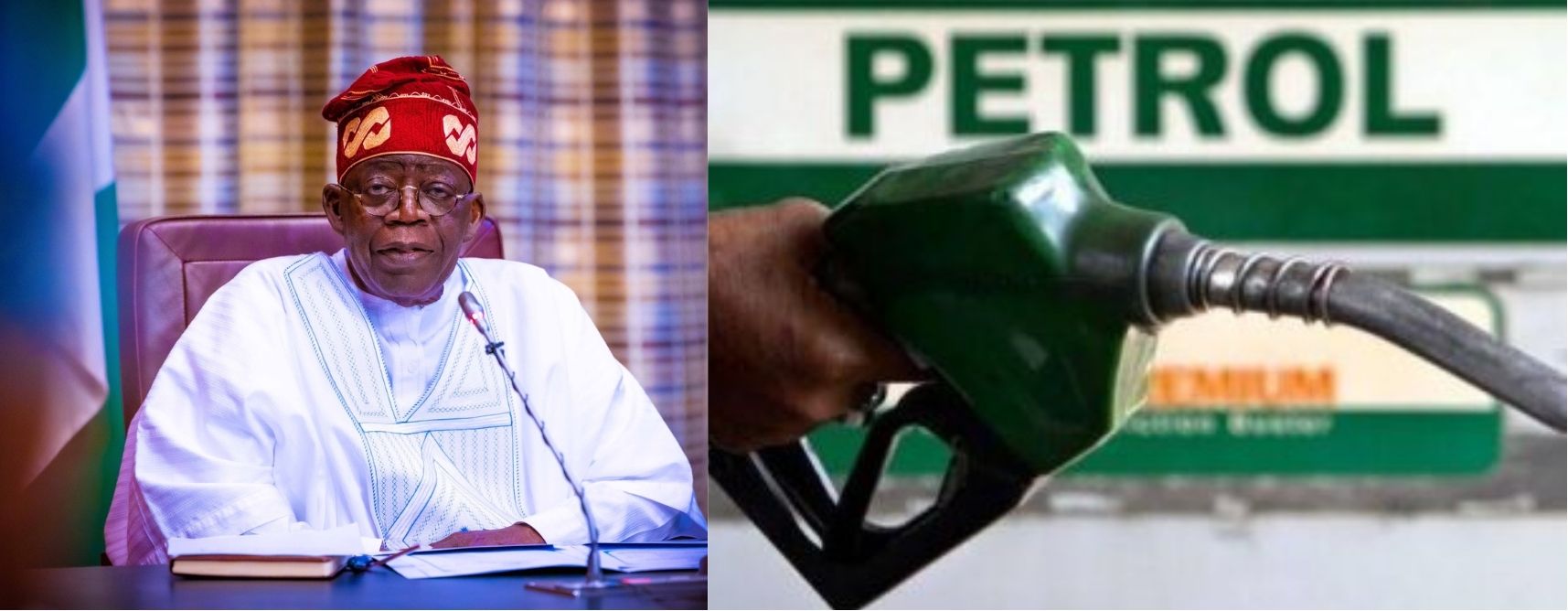


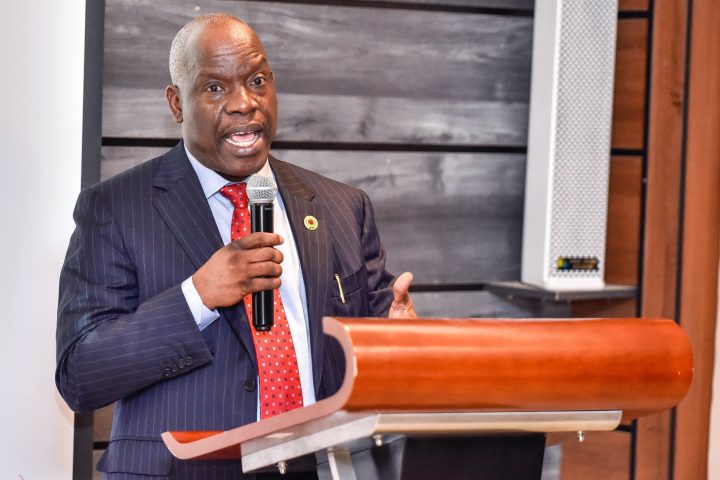










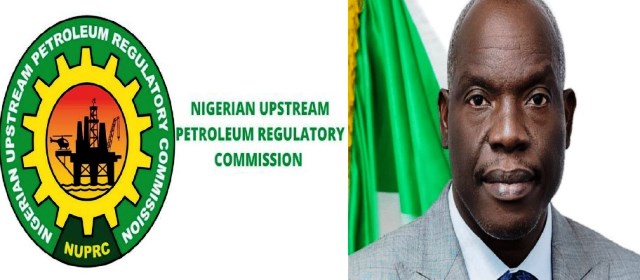
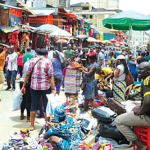
Follow Us